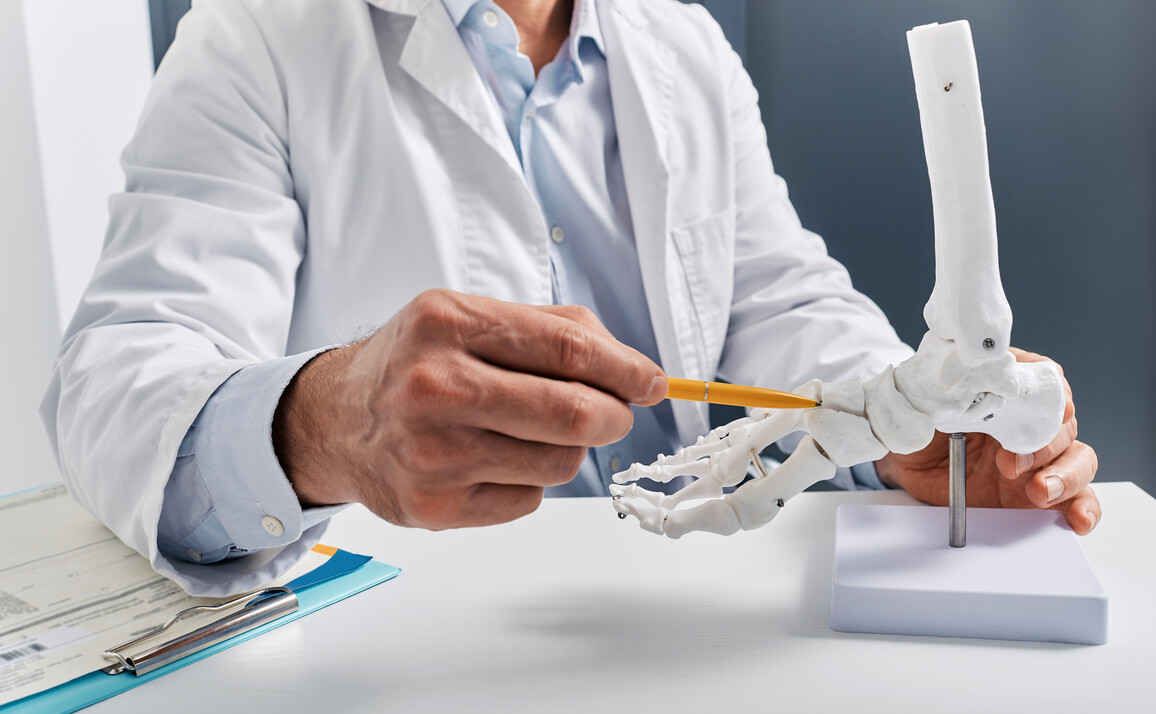Artificial intelligence for the differential diagnosis of skeletal dysplasias : Date:
Bonn University Hospital – Dr. rer. nat. Behnam Javanmardi
Recipient: Bonn University Hospital
Funding: GO-Bio initial conceptual phase 4 (01/10/2023 to 30/09/2024, EUR 113,160.00)
Project description:
About one in a thousand children is affected by a rare bone disease (skeletal dysplasia). The majority of known skeletal dysplasias are already associated with pathogenic variants of various genes. Clinical diagnosis usually requires the identification of patterns in X-ray images of the skeleton. However, due to their large number and rarity, even experienced clinicians have never seen many of the disorders. Traditional approaches are rather subjective and very time-consuming and can lead to delayed or even incorrect diagnoses. Rare disease patients wait an average of five years and receive at least one misdiagnosis before receiving a confirmed diagnosis – a process often referred to as a ‘diagnostic odyssey’.
The overarching goal of Bone2Gene’s artificial intelligence is to recognise the characteristic imaging patterns of diseases and to support clinicians in the diagnostic process. Bone2Gene would shorten the diagnostic odyssey, reducing the overall cost of the diagnostic process for the healthcare system. Its unique selling point is the detection of various skeletal dysplasias, which both represents a competitive advantage over the competition and offers interesting exit strategies. In the upcoming exploratory phase a concept for the best possible use of AI for the analysis of skeletal dysplasia is to be developed. To this end an IP strategy will be developed, the market and competition will be analysed and an implementation plan for the subsequent feasibility phase will be drawn up.
